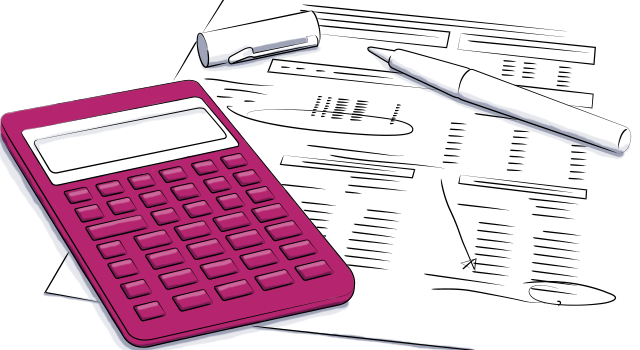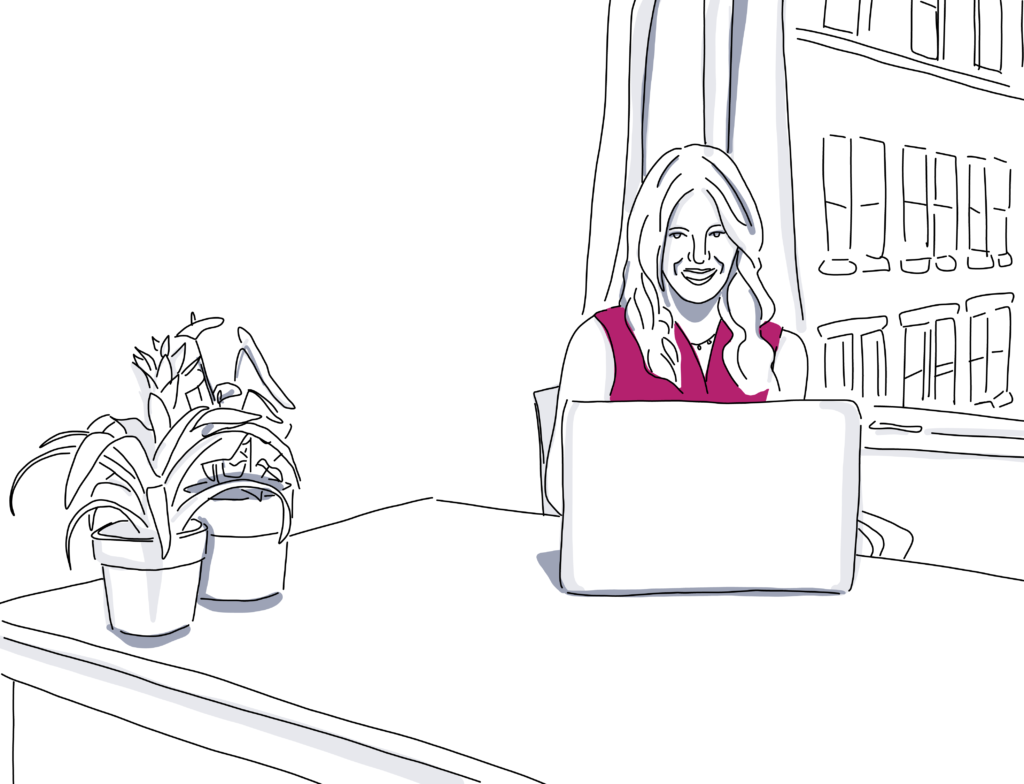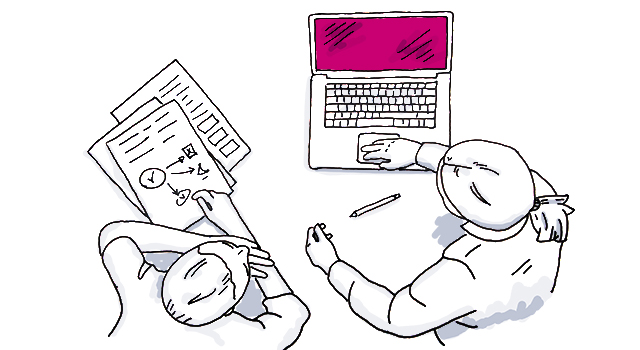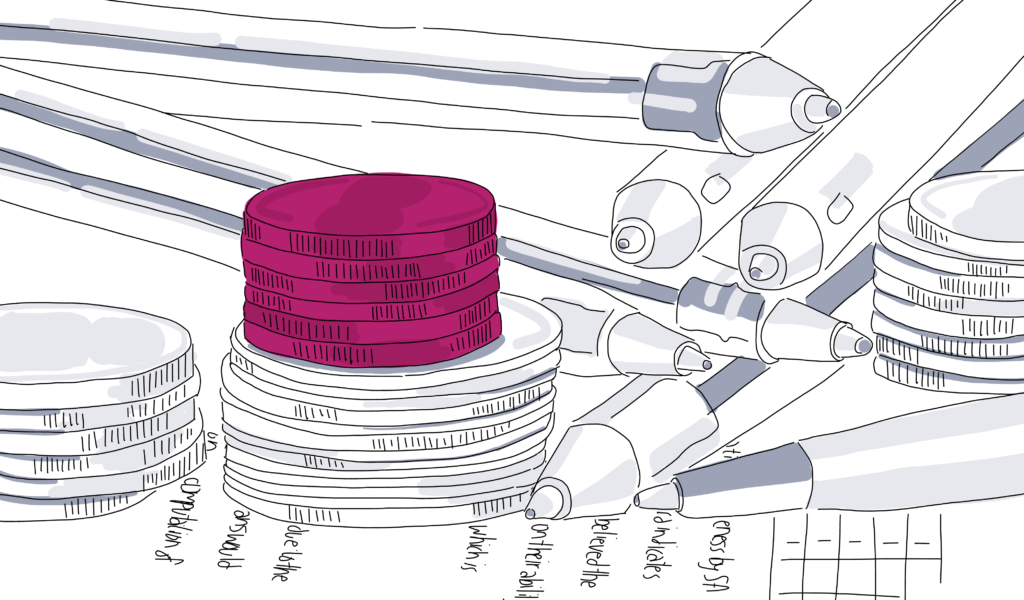
Tech Thursday: 14 Clever Event Selling Techniques to Drive Business
Did you know that 58% of event planners use search engines to find venues and 34% use online listings and databases? Once your venue is discovered, you have to put your event sales strategy into action. Thankfully, there are lots of ways you can use the event sales software you already work with to help filter leads, persuade more planners, and ultimately book out most of your venue calendar.
Discover Event Venue Selling Techniques for Weddings & Banquets

1. Look for sales solutions that automatically update with new tools, features, and more.
Whether you’re looking to fully book your hotel’s meeting spaces or your convention center’s booths, these tips will help you sell better by using your software in smarter ways.
By finding software that updates automatically, you help your team focus on higher ROI activities rather than waste time looking for, finding, and upgrading themselves. Use a program, such as Social Tables, that automates updates for you. That way you’ll always have the latest bug fixes, features, and user experience upgrades.
2. Automate administrative tasks to focus more of your time on bringing in new business.
For example, you can set up an automated email campaign that collects testimonials from past collaborators. Use an aggregator like Google Forms to capture and store responses. Then use those testimonials on your website, in social media campaigns, and in B2B case studies.
3. Use visual tools to highlight what makes your venue truly unique.
One of the best solutions for this is to set up a virtual site visit. To create a truly impressive room showcase you’ll need high-quality photos of each space from different angles. You’ll also want to combine video footage or walk throughs with text that points out key features or amenities. Make sure you answer all your most frequently asked questions during the tour. Include information on booking policies, technology rentals, and day-of onsite assistance.
4. Rank and prioritize leads so you can get back to your highest ROI contacts faster.
For example, you can use a retargeting tool on your website. After a site visitor leaves your page, they’ll see more ads for your venue across major search engines and social media. When creating a retargeting ad, be sure to focus on one simple and clear sales pitch. Combine your text (less is more) with a striking image (a well-lit one of your most popular space will do). And be sure to link each ad to its own landing page so you can keep track of which ads are just being seen versus which ones are being clicked on.
5. Pre-qualify prospects before the initial consultation.
Not everyone who finds your space will be a good fit or ultimately lead to a sale. Include 1-3 short survey questions on your intake forms. Make sure they are either yes or no questions or use a drop down menu with 5 or less suggested answers.
One popular qualifying question is budget – what range best describes their finances? Compare this with data from past bookings to see which client budgets tend to book the most with your location.

6. Create a seamless booking experience to eliminate buying friction.
There are lots of ways to do this. Experts suggest that you maximize your page loading speed (47% of visitors expect pages to load in <2 seconds). You can also offer multiple payment methods. And then simplify your web forms by limiting your questions to the bare essentials in a single column.
7. Draft and save contract templates to close deals faster.
To do this, try creating multiple contract templates that cover all the major demographics of your current customers. For example, if you host a lot of weddings, make sure you draft a customizable template for professional event planners. Then make another one for DIY brides. Templatizing your major documents like this will speed up the booking process, which takes advantage of buying momentum.
8. Keep booking inquiries and request details all in one easy to access place.
Whether your event sales software has this feature or not, you should always keep your client contact forms in one location. It’s easier to search for, reference, and follow up on. If you have a big team, this ensures every request gets a response and nothing slips through the cracks. Try free tools like Google Drive, Dropbox, or pCloud (rated as best for great data security).
9. Review visual assessments of booking data to fill in calendar gaps.
Your venues sales funnel should support your goals. But you won’t know what your goals are until you assess your current booking calendar. When looking over your calendar, you should first aim to fill the easiest possible dates. These will typically include major holidays, popular local events, and large annual conventions. Then look for open 3 day weekends you can target for your next marketing campaign.
10. Use a tool that comes with a built in network of potential clients.
For example, Social Tables gives hotels and venues the opportunity to feature their floor plans on Cvent’s Supplier Network. If your space is added to a network like this one, it will automatically reach more potential leads. Plus, tools like Cvent’s will also help leads with their buying decisions with tools like photo-realistic 3D renderings which make it easy to visualize events in any space.
11. Automatically funnel new leads into the right categories.
Your software should offer lead scoring so you can focus on getting back to your most profitable opportunities first. In addition to demographics, use online behavior (like content downloads and page view time) to determine which leads are higher ROI.
For example, one goal should be to target leads who have spent at least 15 seconds on your website. Anything less than that and that individual has contributed to your bounce score. Even though they’ve expressed interest, they are less mentally invested in your space than leads who spent more time.
Longer website visitor time usually indicates that they’ve viewed a few pieces of your content, some testimonials, and at least a one floor plan. Which means they’re more likely to be ready to buy. This is because they’re making an informed decision as opposed to those who are just internet window shopping.

12. Get the timing right by reaching out to customers as soon as they view or update a proposal.
Software like Social Tables sends you a notification whenever important shared documents have a new interaction. It helps you stay top of mind and can add that wow factor to the sales experience. When you do follow-up, send an email that is short, friendly, and helpful. For example, link to a case study from a similar client that can’t be found on your website. Or offer to schedule a quick phone chat if they have more questions about the contract.
13. Use website plug-ins to streamline lead capture.
If you’re using WordPress, any of these plug-ins should do the trick. Your software should also offer integrations with lead capture and sales tools you already use. Social Tables interactive floor plans can plug right into your website using a simple widget.
14. Optimize your bookings with customizable analytics to find new sales opportunities.
For B2B sales, focus on lead generation metrics like PPC ads, click through rates, and conversion rates. These numbers will help you tweak marketing copy, find new CTA button placements, and find which offers inspire action.

Now you’re ready to put your event sales techniques to work!
Learn from even more hospitality sales tips, find out how you can use your on-site utilities to book more spaces, and discover a process for smoother Sales & Catering CRM adoption.

